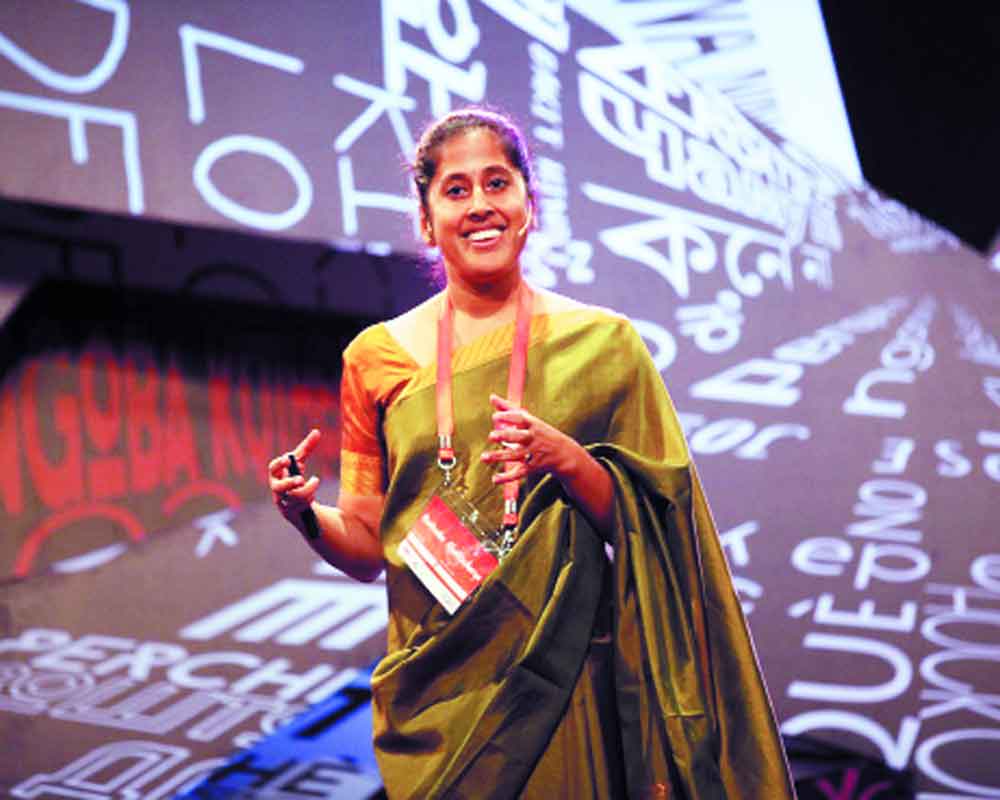TEDEx speaker Rwitwika Bhattacharya tells Chahak Mittal that once Parliamentarians began to take decisions based on key insights from the grassroots, they affected the community phenomenally
How did you first conceptualise the idea of the Swaniti initiative? Where did you draw the idea from?
As a graduate student at Kennedy School, we conceptualised the idea of supporting Parliamentarians at the constituency level. We wanted to bring together the best talent from across India and embed them in rural communities. I envisioned a programme where we could have young people leveraging data and key insights at the grassroot level by working in partnership with parliamentarians. In 2009, we had a few Harvard Graduate school students work with parliamentarians and we noticed that the impact was truly phenomenal. Key insights in the constituencies could be very powerful. After mulling on India for two years, in 2011 I started working part-time with MPs on constituency development myself (while still at the World Bank). I really enjoyed the kind of work I was pursuing. Subsequently in 2012, I left the World Bank in Washington DC and came back to India to jump in, head first, in to Swaniti Initiative. Its focus is to deliver development solutions to the base of the pyramid. We leverage data and technology and work with governments to create sustainable impact.
What are the two most important issues that need to be addressed when bridging gaps and promoting development in the country?
vUse of facts and data in decision-making: One of the key gaps that exists is that we don’t provide enough information at the local level to effectively take best decisions. These continue to be taken by gut feel instead of concrete insight in ground conditions. Knowing, for example, how many unemployed people there are in specific communities and what are the resources available to remedy this, can be powerful. This would enable decision-makers to take more immediate decisions.
vHaving talent equally spread across districts: If you go to Godda in Jharkhand, it would be hard to find someone with a stellar academic and professional background. Most of our talent prefers living in the cities because most amenities like good schools and hospitals are available there. Godda’s story is prevalent across India. But without talent on ground, it is difficult to grow communities. We need to find a way to get our talented men and women at grassroots to help build infrastructure. We particularly need them in government because without talent, we will not be able to build sustainable systems in the government.
What were the biggest challenges that you faced while implementing your ideas?
The government is huge and can make a tremendous impact. However, it also takes a while to move and you need to be very patient when working with them. For example, something as simple as implementing a new financial management system can take seven months (changes that might take a few weeks in the private sector). But the incredible thing about the government is that when these changes are implemented, they impact a lot of people. And that kind of impact is powerful.
Being a woman, were there certain stereotypes that people labelled you with especially when you started working on your own ideas?
As is often the case, a woman entrepreneur hears things that are less than kind about herself. There were people in the government who said they didn’t want to work with women. Or that women were too gentle to manage the tough realities of field. However, I am fortunate to come from a family of strong women. And men in my family (including my husband) are the pillars of our lives. It is with this strength that Swaniti and I have been able to grow.
How do you think stereotypes affect a woman’s right to equality and her growth?
Beyond stereotypes, I think it is the expectations that we have of women that are appalling. We expect the woman to take care of the home, her family and on top of that work and be competitive in the professional field. On the other hand, with men we are happy if they excel only in their profession. Keeping these double standards for women will affect our growth in the long term and not create the ecosystem that we need for them to thrive and grow.


























